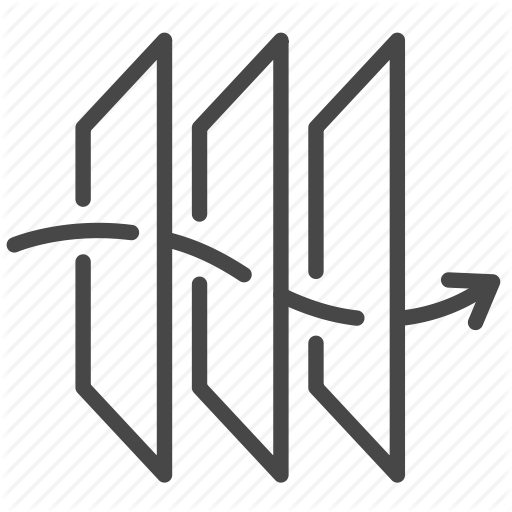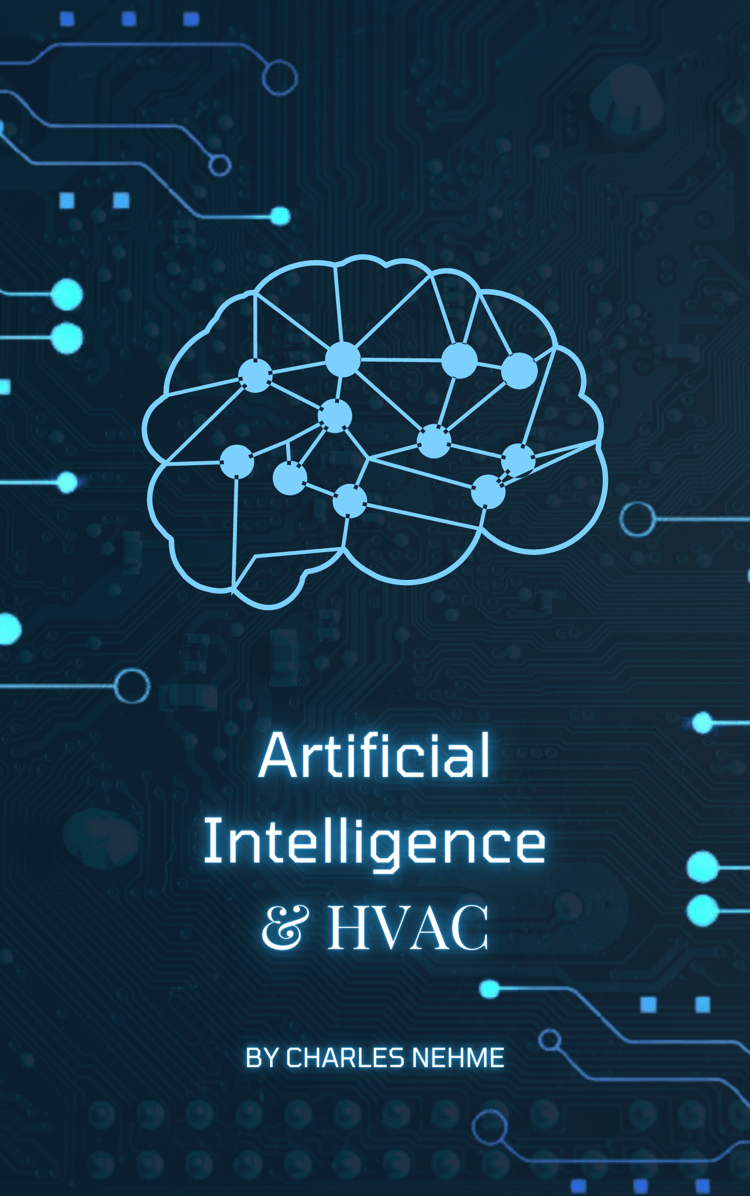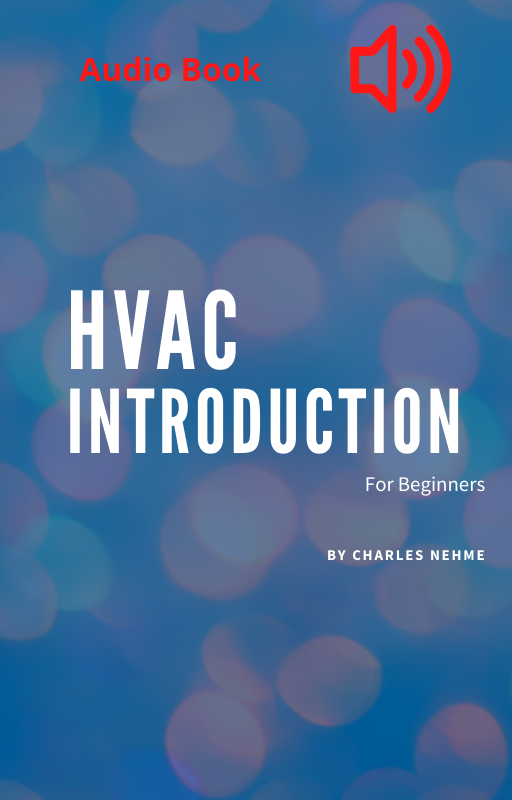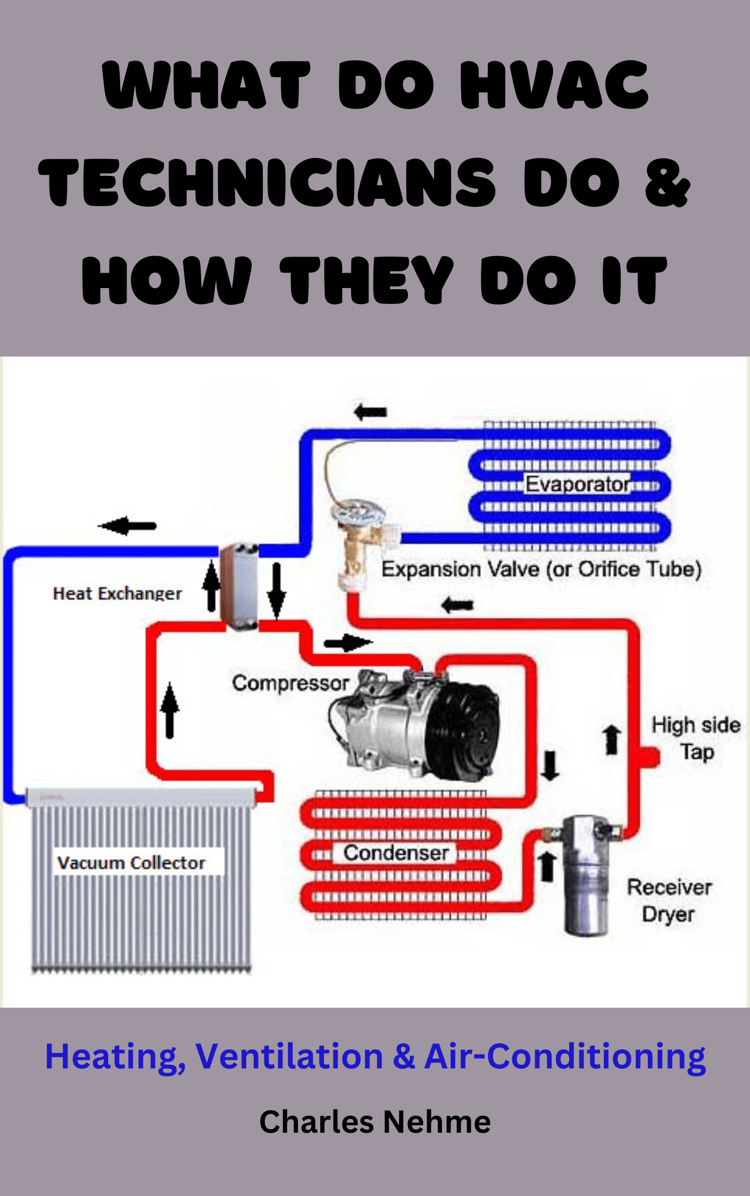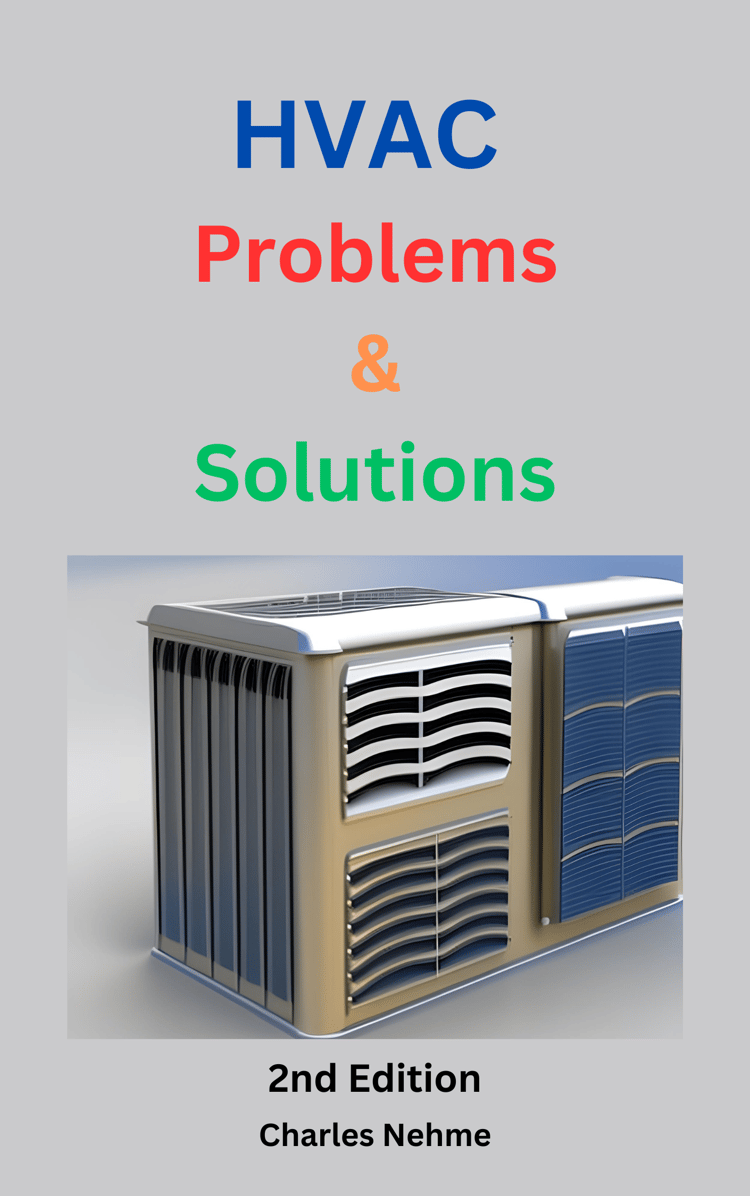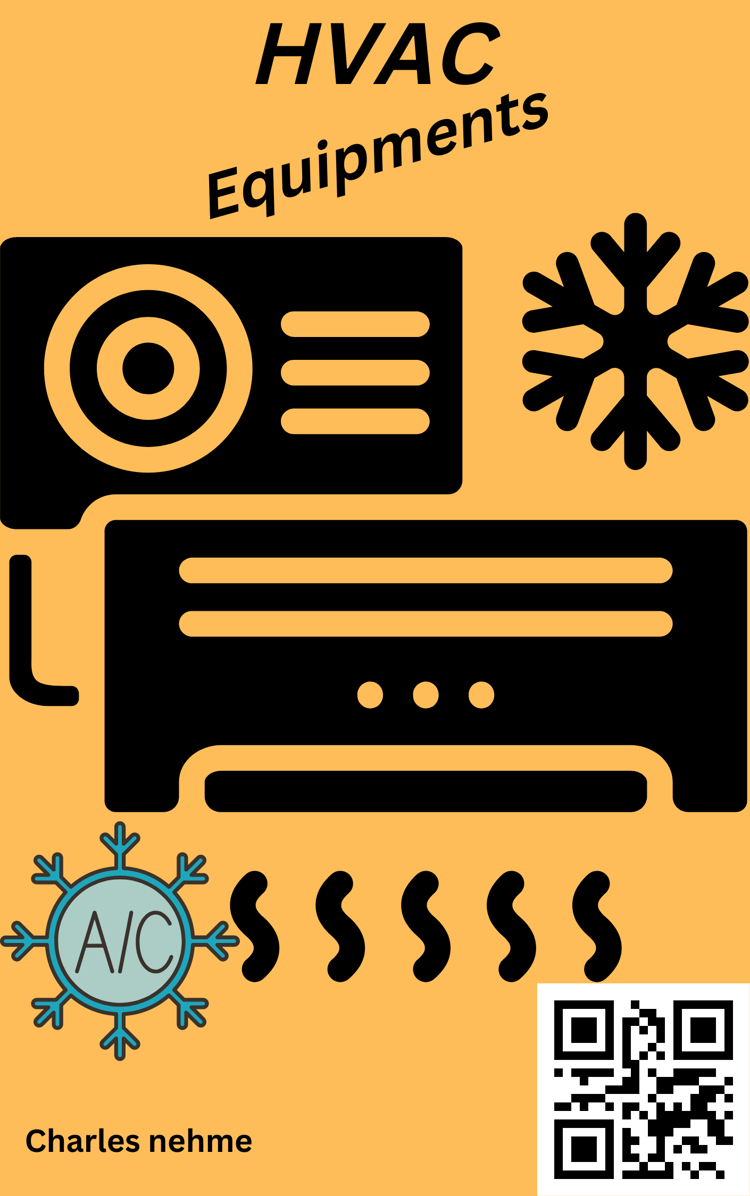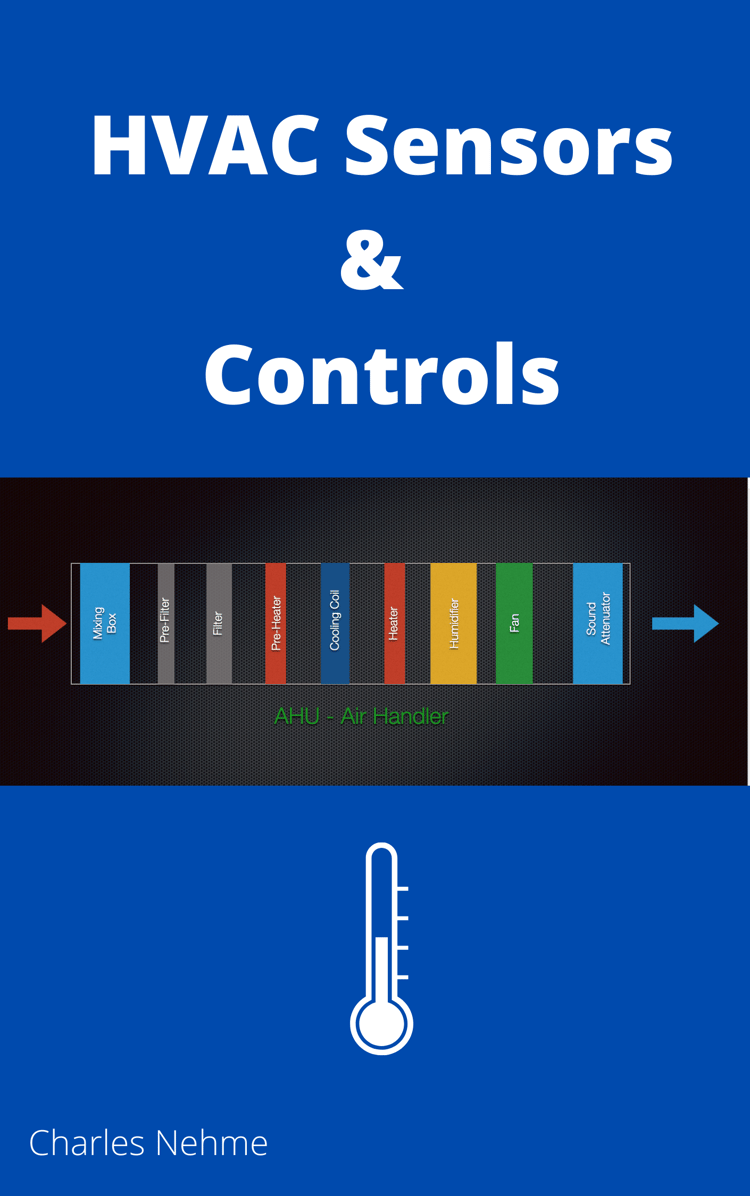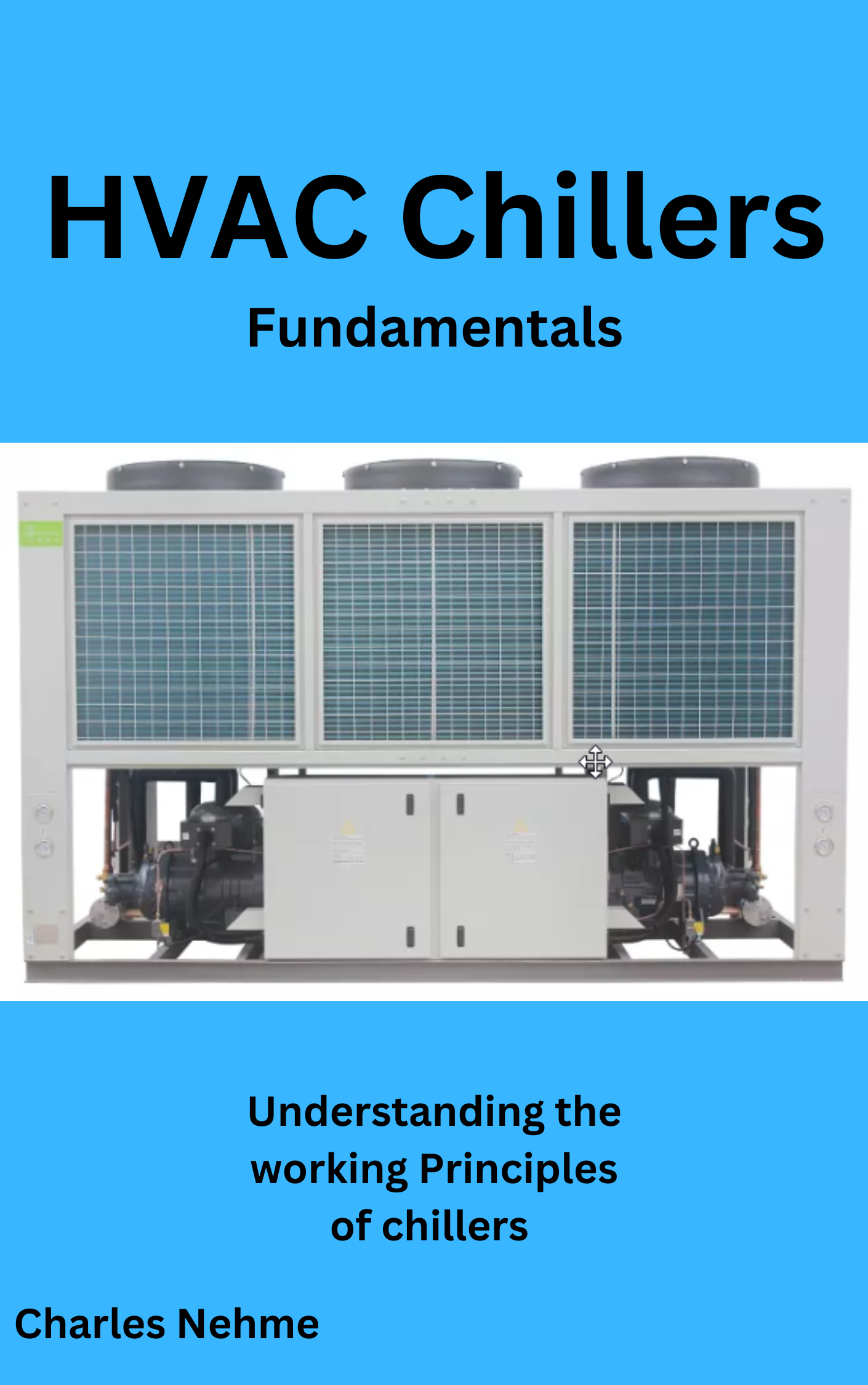
HVAC Chillers
This book is a comprehensive guide to HVAC chillers and their various applications. It is intended for HVAC technicians, engineers, and students looking to gain a better understanding of how chillers work and how they are used in the field. The book begins with an overview of HVAC chillers, delving into the details of the various components and systems that make up a chiller. It then goes on to discuss the different types of chillers and their uses, including air-cooled, water-cooled, and evaporative condensers. Additionally, it covers the operation, maintenance & troubleshooting of chillers. By the end of this book, readers will have a thorough understanding of HVAC chillers and the various uses for them.
Q&A
What is a chiller?
A chiller is a machine that removes heat from a fluid, typically water. The chilled water is then used to cool buildings, industrial processes, and other applications.
How does a chiller work?
A chiller works by using a refrigerant to absorb heat from the fluid being chilled. The refrigerant then flows to a compressor, which compresses it and raises its temperature. The hot refrigerant then flows to a condenser, where it releases its heat to the outside air. The cooled refrigerant then flows to an expansion valve, which reduces its pressure and temperature. The cold refrigerant then flows back to the evaporator, where it absorbs more heat from the fluid being chilled.
What are the different types of chillers?
There are two main types of chillers: centrifugal chillers and reciprocating chillers. Centrifugal chillers are used for large-scale applications, such as cooling large buildings. Reciprocating chillers are used for smaller-scale applications, such as cooling homes and businesses.
What are the benefits of using a chiller?
Chillers can provide a number of benefits, including:
* Energy efficiency: Chillers can be very energy-efficient, especially when compared to other cooling methods, such as air conditioners.
* Precision cooling: Chillers can provide precise cooling control, which is important for many applications, such as industrial processes and medical facilities.
* Versatility: Chillers can be used to cool a wide variety of fluids, including water, glycol, and brine.
What are the common problems with chillers?
Some of the most common problems with chillers include:
* Leaks: Chillers can develop leaks in the refrigerant circuit or the water circuit. This can lead to a loss of refrigerant or water, which can reduce the chiller's efficiency and performance.
* Fouling: Chillers can become fouled with dirt, scale, and other contaminants. This can reduce the chiller's efficiency and performance, and it can also lead to corrosion.
* Compressor failure: The compressor is the most important component of a chiller. If the compressor fails, the chiller will not be able to operate.
How to maintain a chiller?
Regular maintenance is essential for keeping a chiller in good working condition. Some of the most important maintenance tasks include:
* Checking the refrigerant level and pressure
* Cleaning the condenser coils
* Inspecting the compressor for signs of wear and tear
* Changing the oil and filters
